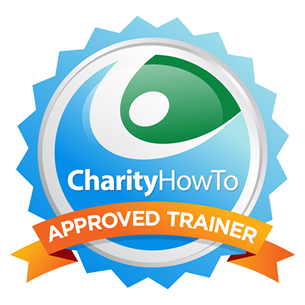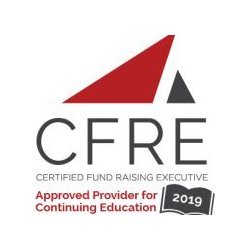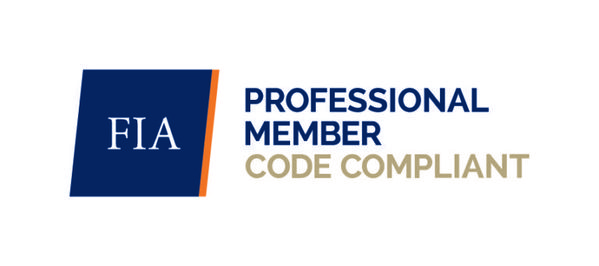What are the first steps to your grant planning?
First you need to document your funding priorities with custom tailored cases for supports that can be used to match up to a funders priority.
Once you have outlined your needs, the next steps are to do some detailed research to identify potential funding sources. It is best to document a foundation schedule that includes the foundation’s priority areas, critical deadlines, and application process, among other items. There are some helpful grant research tools available including The Foundation Center and the Foundation Directory Online. While this is a subscription based software, you can check your local library or community foundation for free public access.
Then, you can then move to contact the potential funding sources and cultivate relationships. Yes, even the grant and foundation process is about cultivating and stewarding relationships. It’s not just about submitting proposals and then wishing for the best.
Now, write your application. Answer all the questions as needed – nothing more, nothing less. Then hit submit, and wait, often a few months. I should add; you can submit many applications now online. While that does make the process somewhat easier than in years past, it has its complexities with character limits, some background materials to submit, etc.
The proposal awarded? Congratulations! Be sure that you can administer this grant before you get the award or even apply. You need to keep a detailed compliance record to be able to report back to the foundation promptly how the organisation used the gift and the outcomes obtained. Be sure to keep close attention to the reporting deadlines and ensure that reports get submitted. And, most important determine how you are going to acknowledge and thank this foundation for its gift.
One pet peeve of mine, inadequate tracking systems. More than once, I have been the staff person coming into a new office and finding out that the organisation did not submit a report in the past. Imagine my dismay, when I need to figure out how the organisation used the grant money three, four, or even five years earlier. Don’t let this happen in your organisation. Report timely and ensure proper documentation through an organized file tracking system both electronically and paper.
If you didn’t get funded, don’t dismay. That happens more than you think. Take this as an opportunity to reach out to the funding source to determine what the reasons for this decision are to be able to refine your proposal moving forward and to determine if there is still a possibility of perhaps receiving funding from this foundation in the future. Maybe the proposal wasn’t meeting a particular priority area of the foundation. Perhaps another project would have more suitable. Or maybe the foundation just wasn’t a good match.
Also, send an acknowledgment letter to the foundation even if you didn’t get a grant. Thank them for their time and consideration, and they will be sure to remember your organisation in the future. Don’t hesitate to keep this foundation up-to-date on your programs and progress. Cultivation continues even if you didn’t get this award.
So, just like all aspects of development, grant writing is about doing appropriate research, building relationships, and then making the ask. And, of course, don’t forget the stewardship in following up, reporting, and keep them apprised of your progress.
Development Consulting Solutions has a strong grant writing track record. Check out a sampling of career awarded grants, and then email us to book your free consultation.









Very sensible stuff! Especially about checking you can deliver the work before applying. Seems obvious? You’d be surprised …..